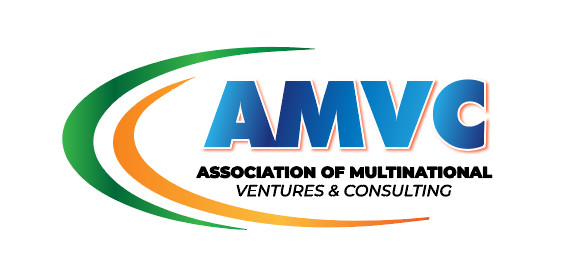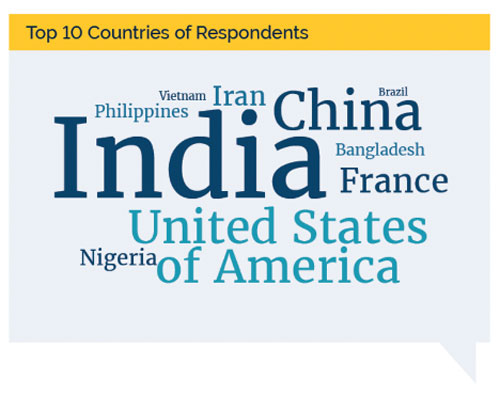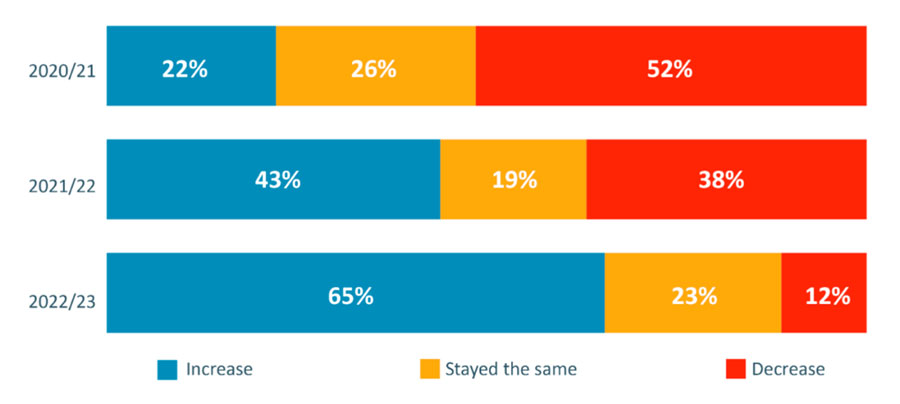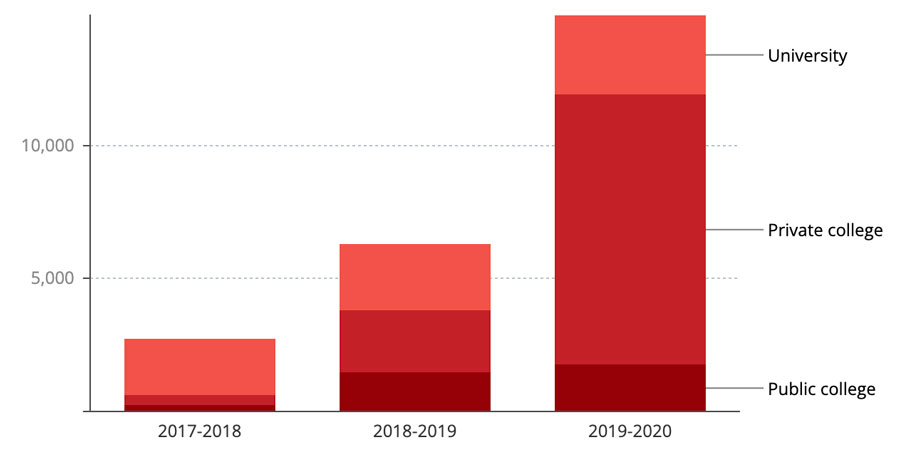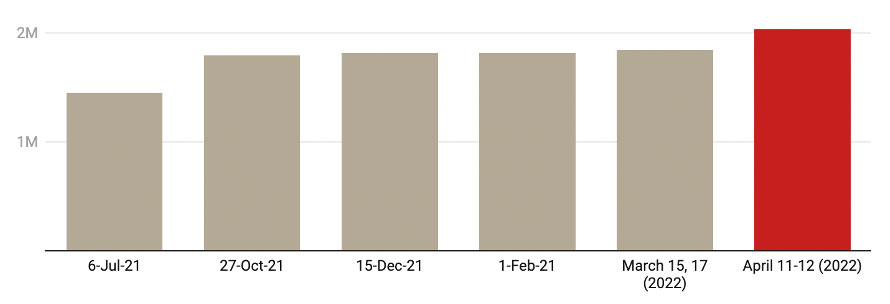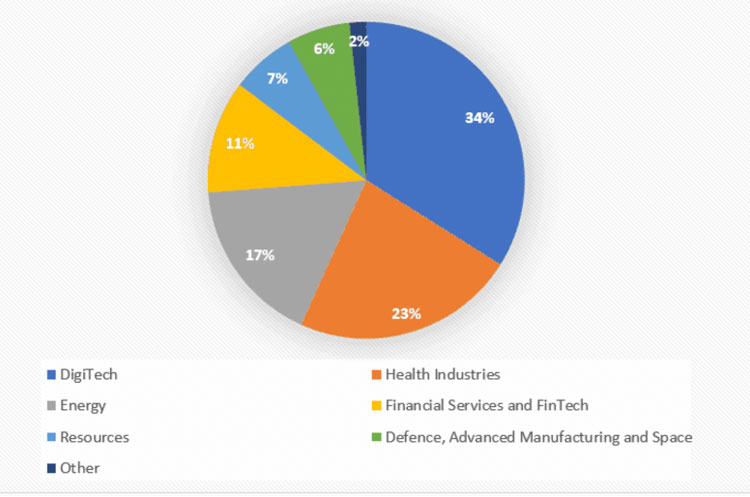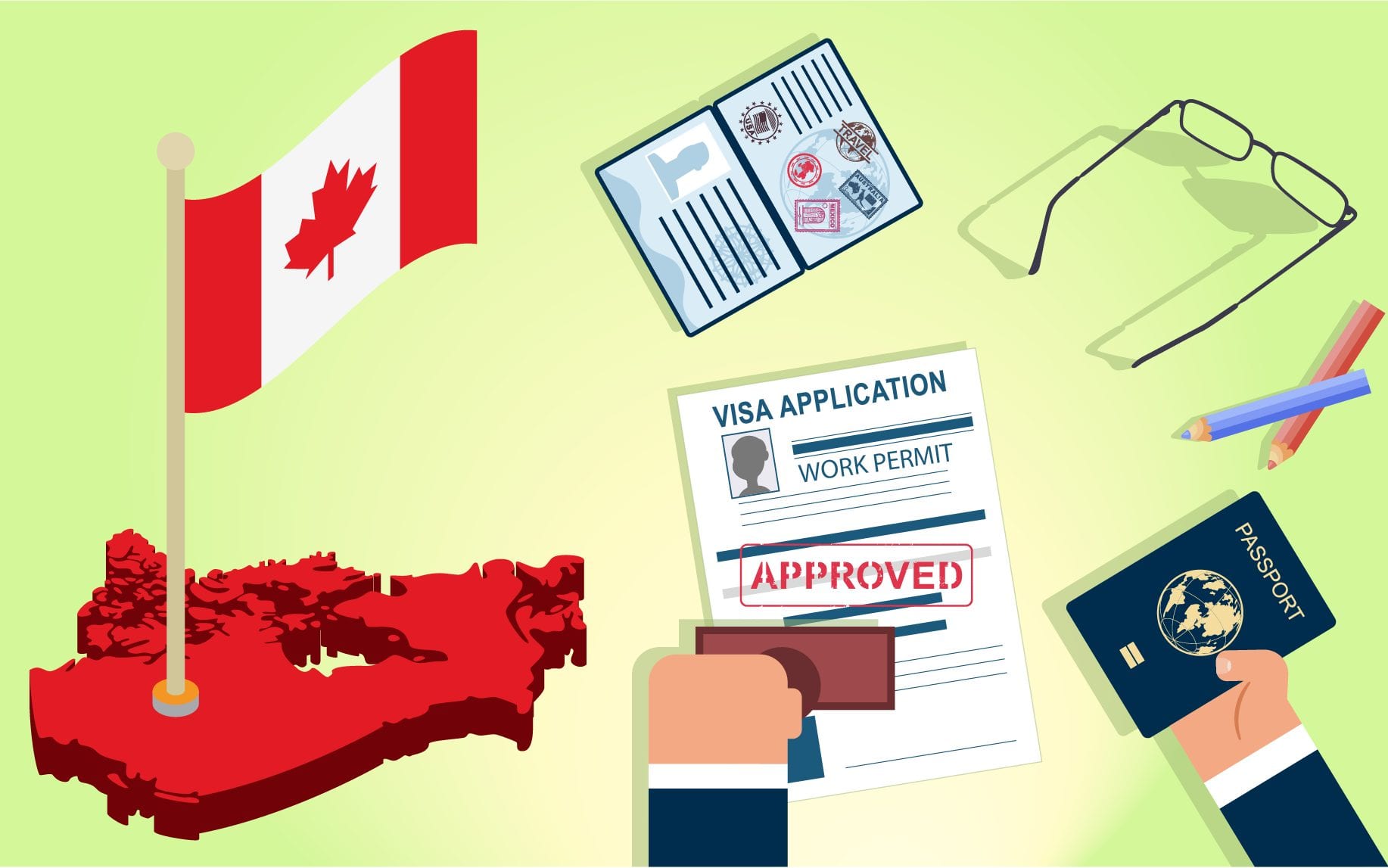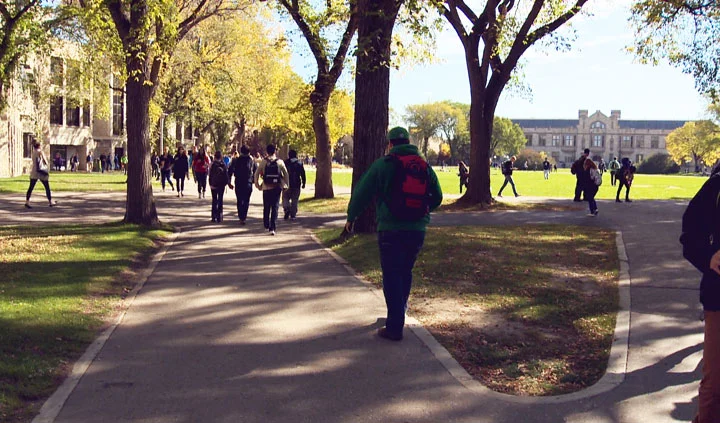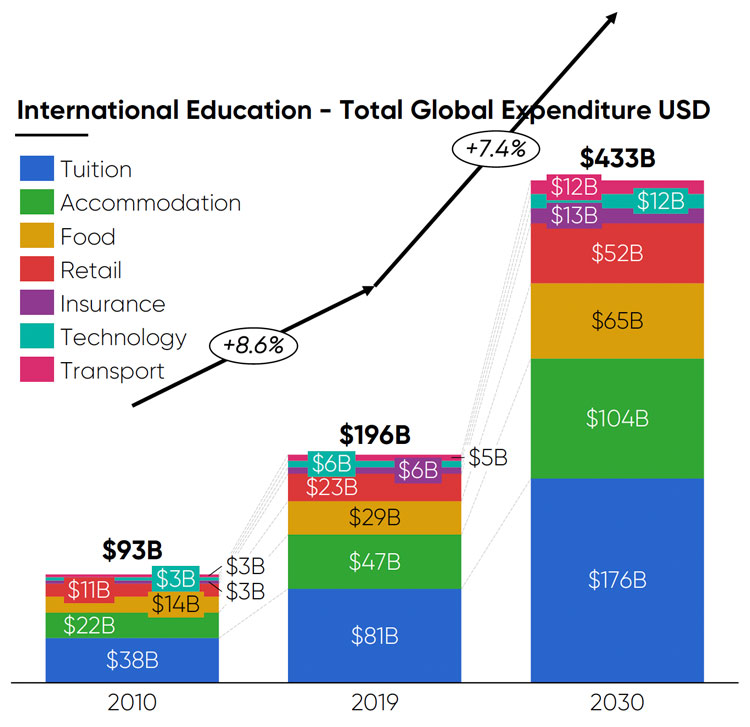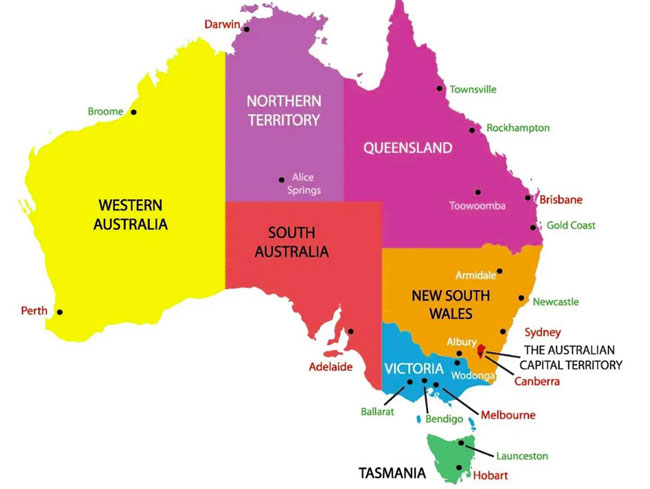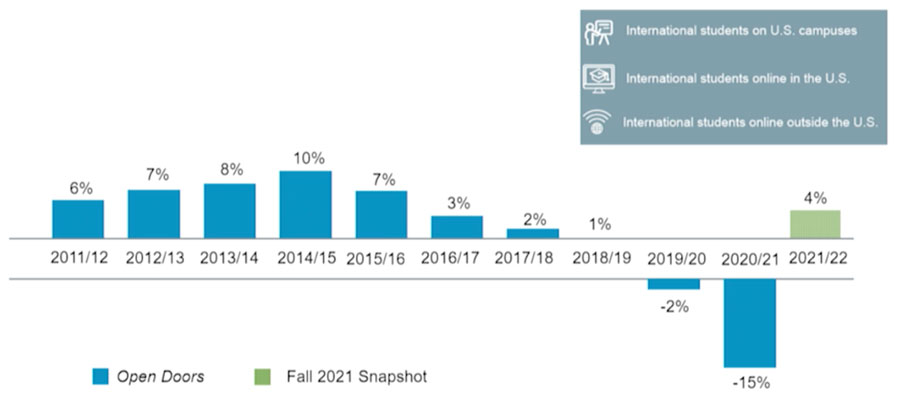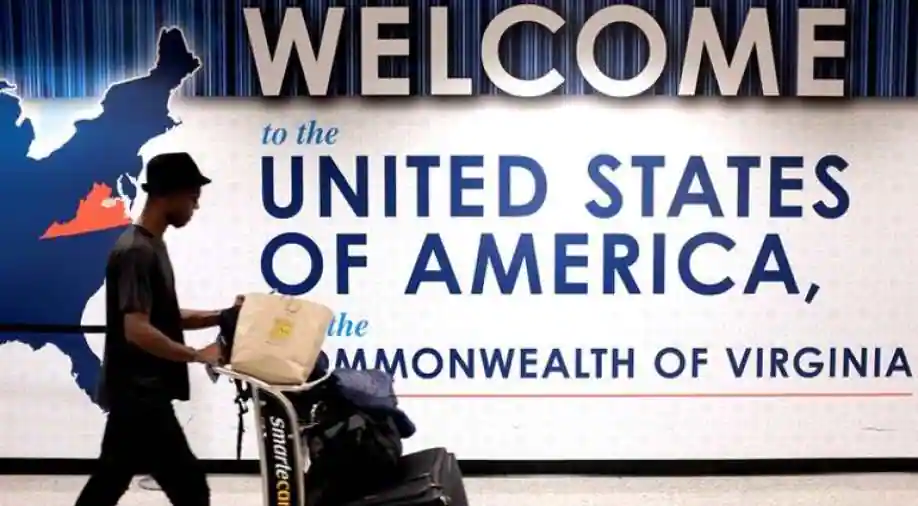The Canadian government has announced new rules around off-campus work hours for international students
The temporary policy permitting students to work over 20 hours per week off campus will conclude on April 30, 2024, with no extension planned. As of this fall, the maximum weekly off-campus work hours for students will be adjusted to 24. This adjustment aims to emphasize students' concentration on their studies while maintaining the flexibility to work when needed. Additionally, during academic breaks, students will have the opportunity to work unlimited hours.
The decision to adjust off-campus work hours was taken after careful consideration of various factors, including student needs, policies in other countries, and data demonstrating that academic outcomes fall apart when students work too much while studying. The government wants to establish a balance that allows students to work while maintaining their academic performance. The new rules also aim to shield international students from financial risk while maintaining the International Student Program's integrity.
As the summer semester begins, students with a scheduled academic break can continue to work unlimited hours
According to recent research conducted in the US and Canada, students who work more than 28 hours a week indicates a significant decrease in their academic performance, and those who work more than 24 hours a week are more likely to drop out of school.
Many countries hosting international students impose restrictions on work hours during study periods. Australia, for instance, recently adjusted its policy to allow students to work 48 hours every 2 weeks. In the United States, students must satisfy additional criteria before gaining permission to work off campus.
In order to better prepare students for life in Canada and lessen their reliance on employment, the Government of Canada raised the cost-of-living threshold in December 2023, which they must now meet in order to be granted a study visa.
Effective May 15, 2024, international students commencing college programs under public-private curriculum licensing arrangements will not qualify for post-graduation work permits. However, those already enrolled in such programs before this date remain eligible for post-graduation work permits, provided they meet all other criteria.
The implementation of the new letter of acceptance (LOA) verification process has been deemed successful. Since its inception on December 1, 2023, through April 1, 2024, Immigration, Refugees and Citizenship Canada (IRCC) has received nearly 162,000 LOAs for verification. Among these, close to 142,000 have been validated directly with designated learning institutions (DLIs). Additionally, IRCC identified nearly 9,000 LOAs that either did not match any issued by a DLI or had been canceled by the DLI prior to the student's study permit application.
Source: Canada.ca
